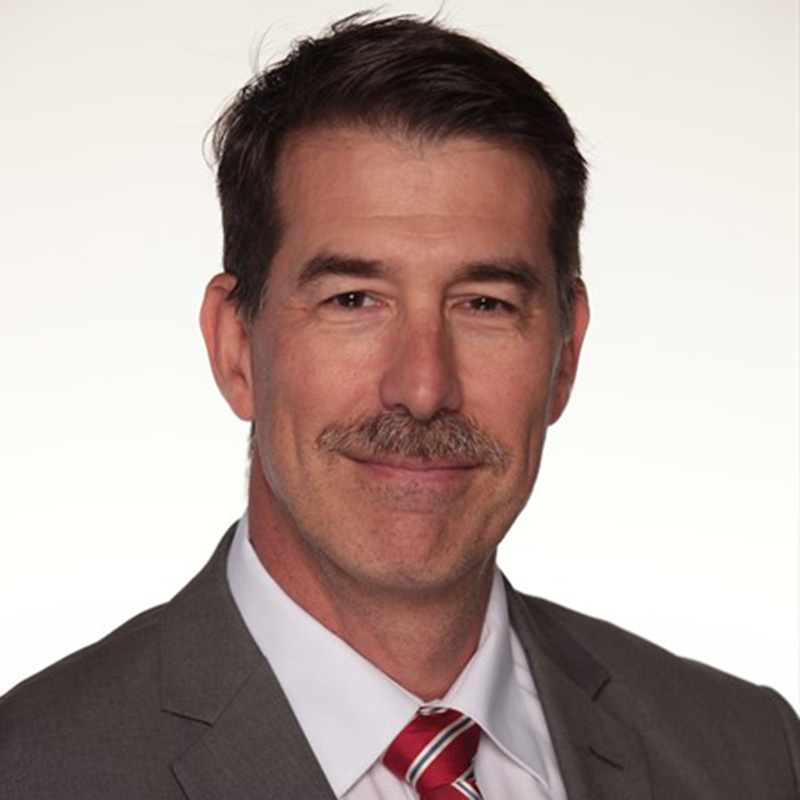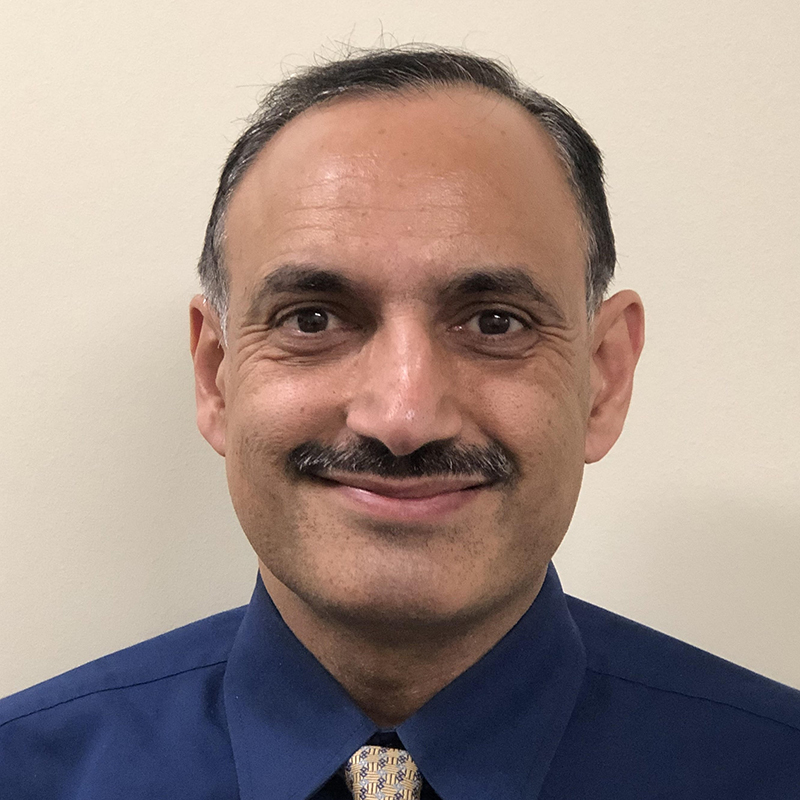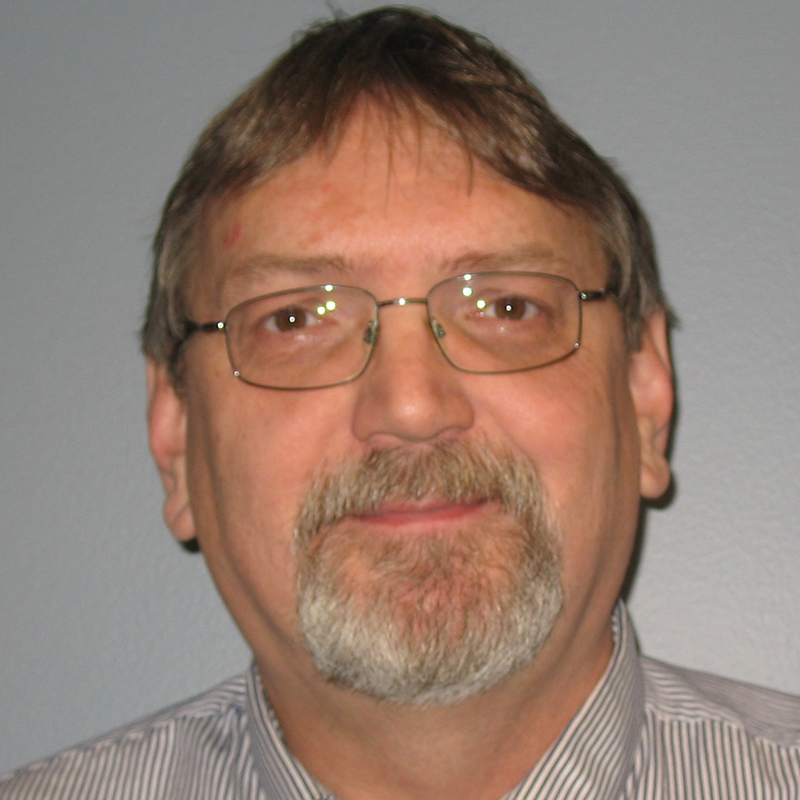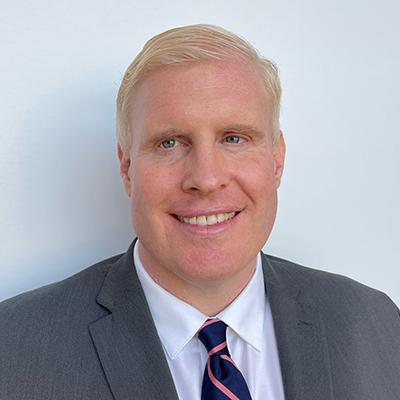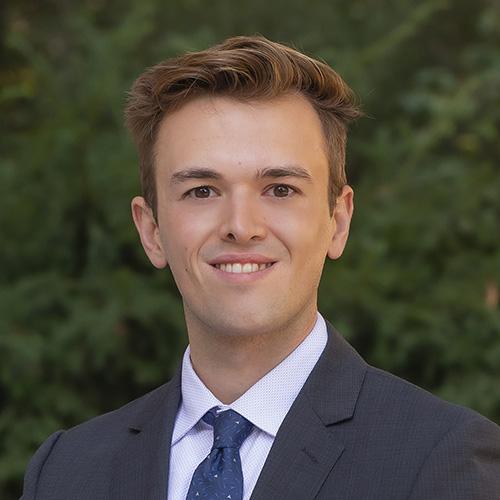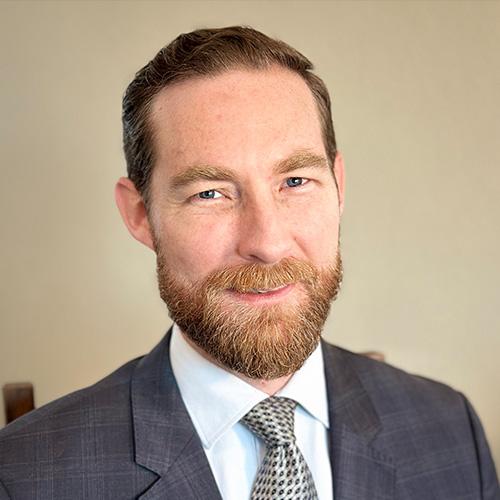

Reinventing a brighter future
On this day in 1989, the Exxon Valdez left port in Alaska on its way to Long Beach, CA. Instead, it struck a reef in Prince William Sound, spilling 11 million gallons of crude – the largest oil spill in US history until the Deepwater Horizon more than 2 decades later – and still the most environmentally damaging oil spill the world has ever seen.
The oil slick affected 1,300 miles of coastline along with one of the most ecologically pristine ecosystems on the planet. The chemicals, burning, and high-pressure hot water used for cleanup further damaged the environment. Estimated casualties include up to a quarter-million birds, 40% of local sea otters, hundreds of seals, bald eagles, and numerous other species, and the collapse of salmon and herring fisheries.
To this day oil remnants remain. Since less than 10% of the oil spill was recovered in the cleanup efforts, a study 25 years later estimated as much as 21,000 gallons of oil remained contaminating the beaches and continuing to cause harm.
On a side note, when Exxon was assessed $5 Billion in punitive damages, JP Morgan invented a financial instrument to help protect Exxon. The Credit Default Swap would later proliferate to $62 Trillion of notional value in the global markets and was the financial instrument at the heart of the 2008 economic meltdown. Exxon appealed the punitive judgments all the way to the Supreme Court, which ruled in its favor in 2008 nearly 20 years after the spill and sandwiched between the collapse of Bear Stearns and Lehman Brothers, both heavily intertwined in their CDS positions. But that’s a story for another day.
I visited Alaska and kayaked the Prince William Sound a decade after the spill. They were still recovering, but the majestic nature – the glaciers, wildlife, clear water – was breathtaking. The thought that everything I witnessed of this unimaginable beauty being covered in thick, black crude only years before was disheartening.
This week’s news providing a glimpse of the Biden administration’s infrastructure bill had the opposite effect. The $3 Trillion proposals could lead to a transformation of the US economy on the scale of FDR’s New Deal more than 80 years ago, or Ronald Reagan’s embrace of supply-side economics 40 years ago. This legislation seeks to simultaneously address the crumbling physical infrastructure of the nation while transforming the human infrastructure necessary for America to remain competitive in the future.
Embedded across the proposal’s programs are the foundational principles of climate preservation and social equity. Our Governor’s vision and budget proposals are well aligned with the President’s and so the world’s largest economy in close partnership with the state representing the world’s 5th largest economy should be well-positioned to provide the global leadership necessary at this critical moment in history.
Politics will soon determine this fate, but we continue to voice that coming out of 2020 where the world faced a litany of transcendent threats, it is clear that we can not just rebuild back to the past, but must reinvent a brighter future. The Biden and Newsom administrations are taking great strides to deliver the resources required for such a transformation, but it is up to all of us, IBank included, to deliver on the potential in this moment.
2 weeks ago, President Biden signed into law the $1.9 Trillion American Rescue Plan, and with it, a $10 Billion recapitalization of the highly successful State Small Business Credit Initiative created to reinvigorate the small business community following the Great Recession of 2008 that I spoke of earlier. We are deeply engaged with the treasurer’s office to coordinate our efforts via a joint application to secure the maximum federal support for CA’s small business community.
Likewise, on matters of climate and infrastructure, we are collaborating closely with our agency partners from the treasurer’s office, transportation authority, energy commission, food and agriculture, CalFire, natural resources, planning & research and others.
Rest assured that if the federal funding materializes, we will be well-positioned and prepared to work closely with such dedicated state institutions to help rebuild CA as a model for the future, and relegate events like the Exxon Valdez, Deepwater Horizon and Texas blackouts to the dustbin of history.







